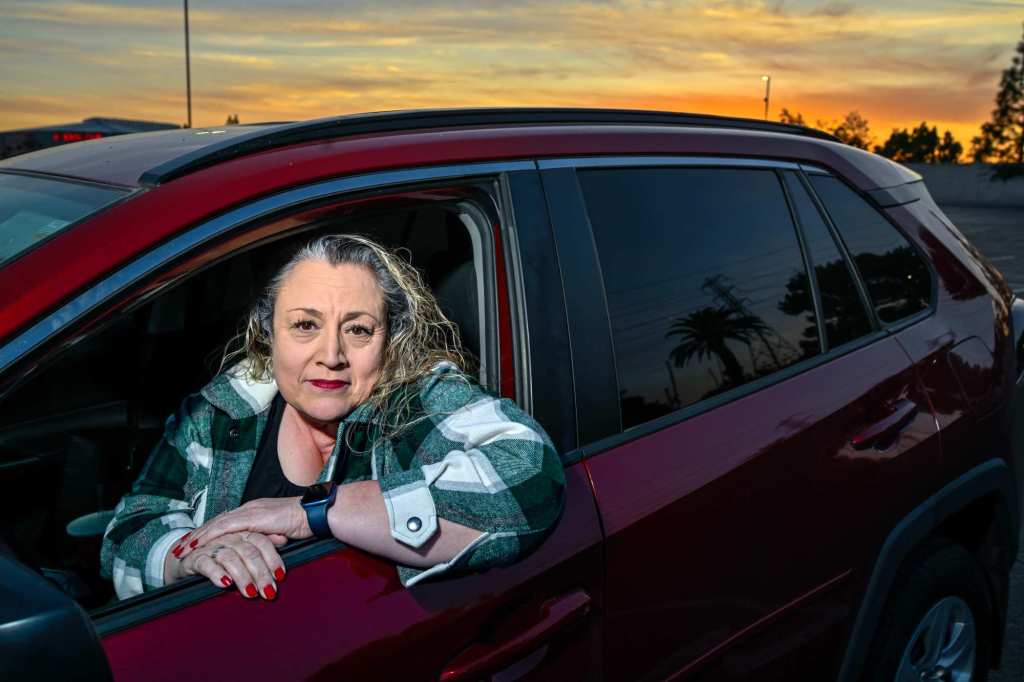Teresa Ramos’ day starts at the crack of dawn when many in the American workforce are still sound asleep. She’s out the door by 6 a.m., and when the days are shorter, that’s before the sun.
Ramos, a patient biller at the UC Irvine Medical Center, lives in Mira Loma in Riverside County with her parents and two children. For eight years, she’s been making the 80-mile round-trip trek to Anaheim that could take up to two hours one way when traffic is bad — which frequent 91 Freeway travelers know can be often.
“Two hours in the morning; two hours in the evening,” Ramos said. “I spend half a day of work in traffic.”
Ramos’ story is not unique. For many other Californians, union leaders say, living near their place of work is not an option because few can afford a place close to their jobs.
To make matters worse for UC workers like Ramos, campuses and medical centers are often located in cities with some of the highest housing costs in the state, according to a report released in June by researchers for Ramos’ union. The average cost of living in counties with a UC campus is 47% higher than the national average, the report states.
And after a year of workers’ strikes across the Golden State, housing affordability and other labor-related issues have taken center stage as key election issues in California’s U.S. Senate race.
We spoke to the candidates who have, thus far, declared their candidacy for the late Sen. Dianne Feinstein‘s seat about these issues. Here is a brief roundup of their positions.
Adam Schiff, Democrat
Rep. Adam Schiff believes the federal government should foremost revisit its housing policies. “We just have kind of a haphazard approach to housing which isn’t cutting it,” he said.
For starters, the Burbank Democrat said the federal government needs to increase federal financial assistance, such as grants directed to states, by “hundreds of billions” of dollars to build affordable housing and expand…
Read the full article here







